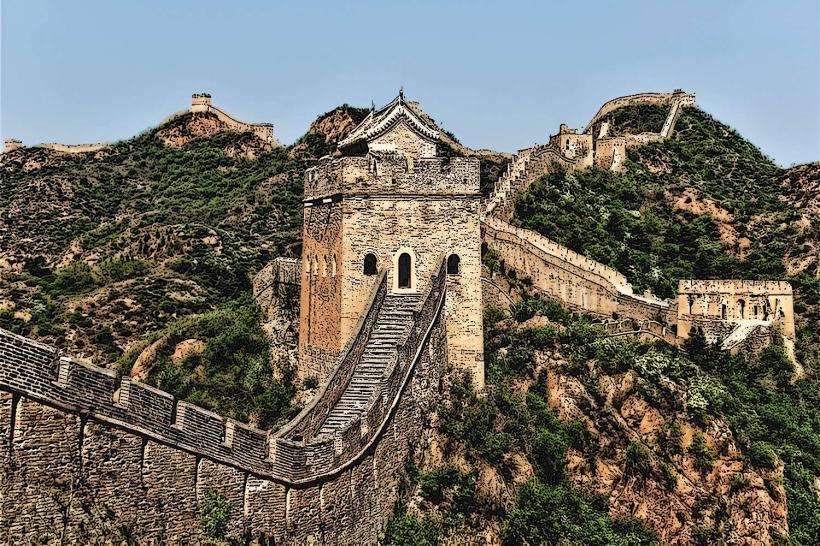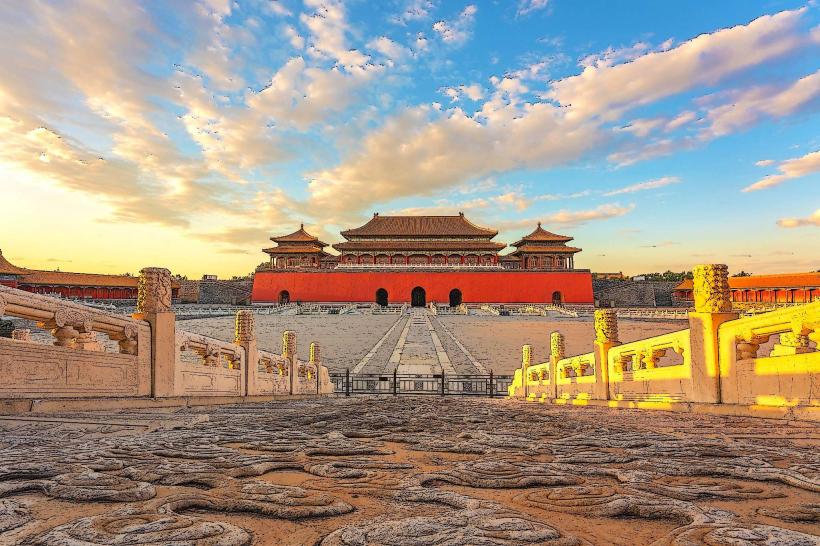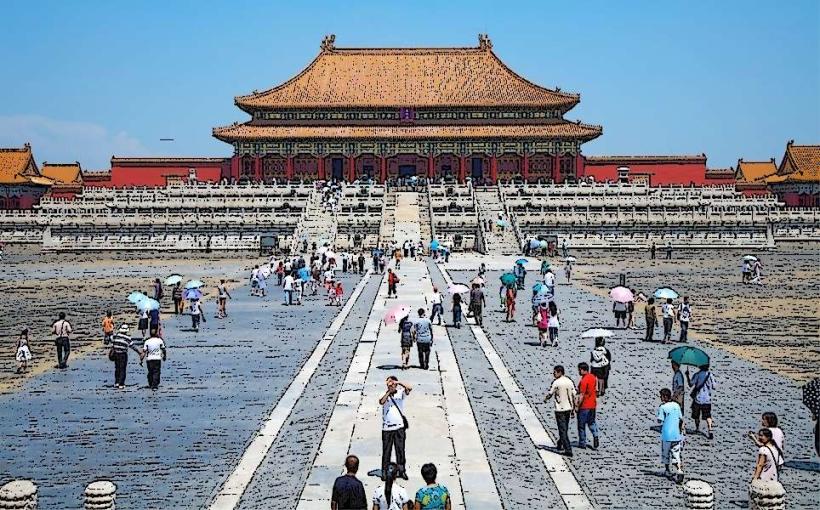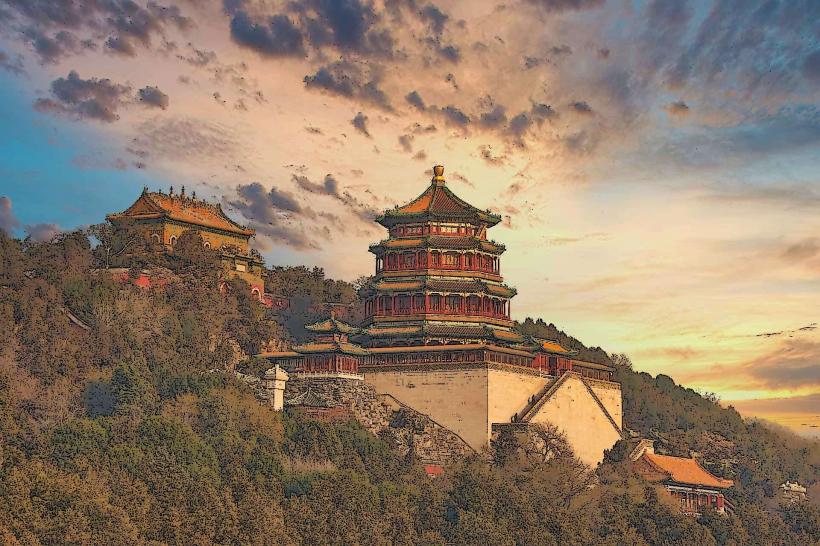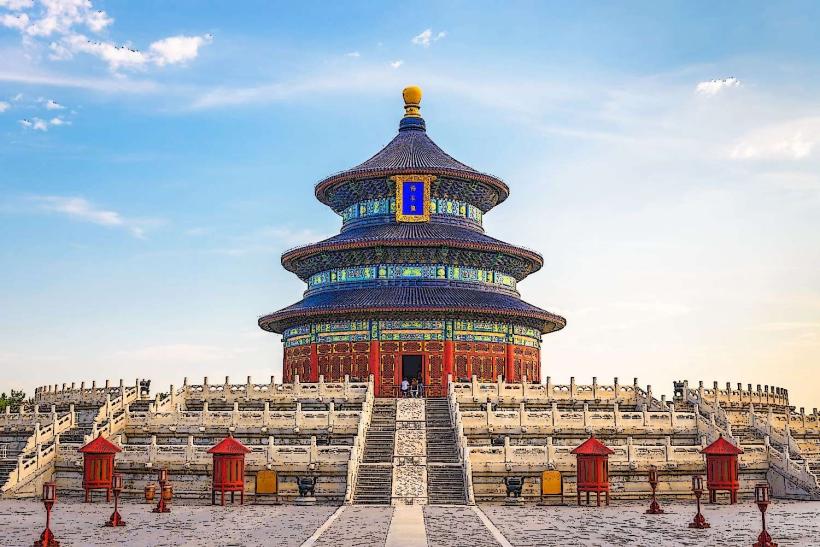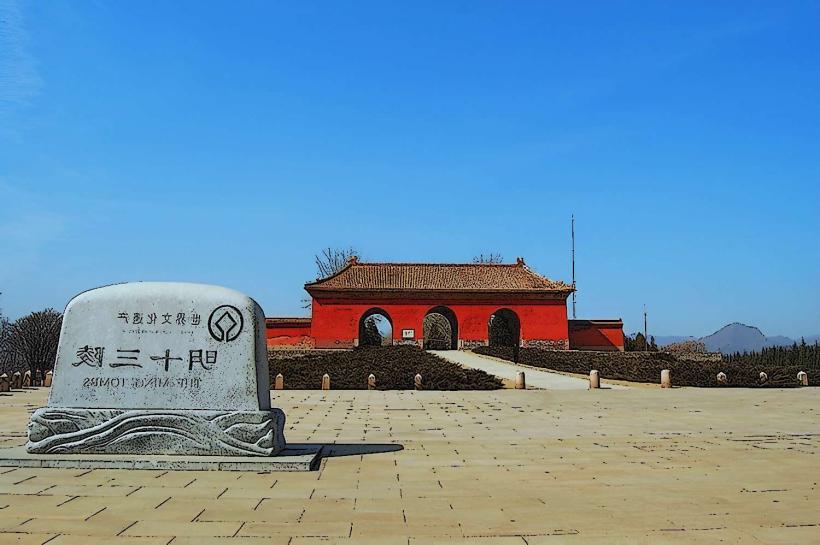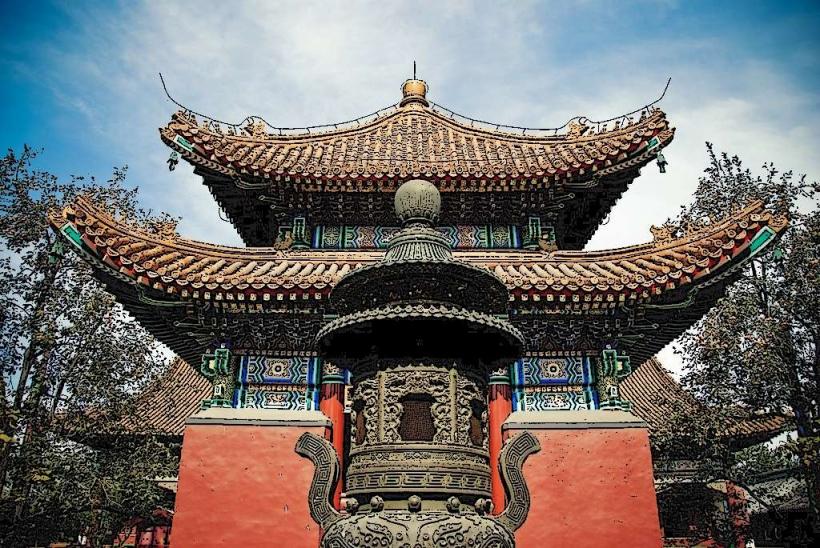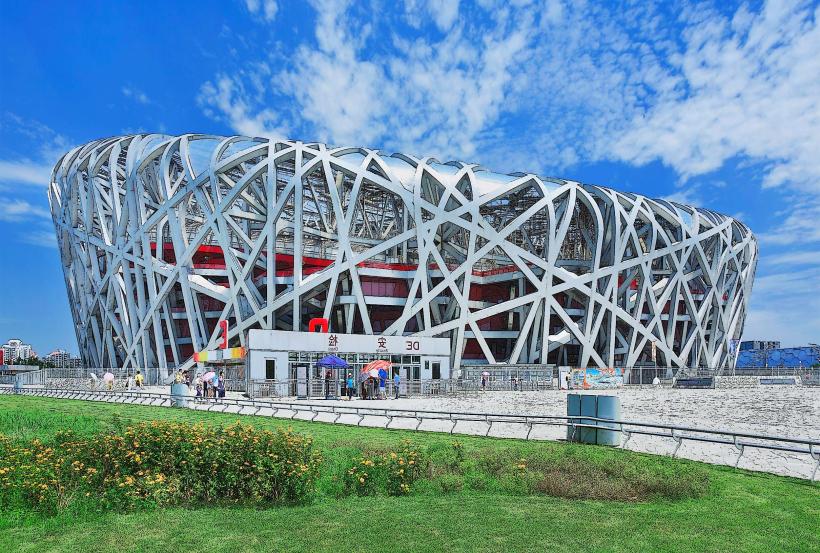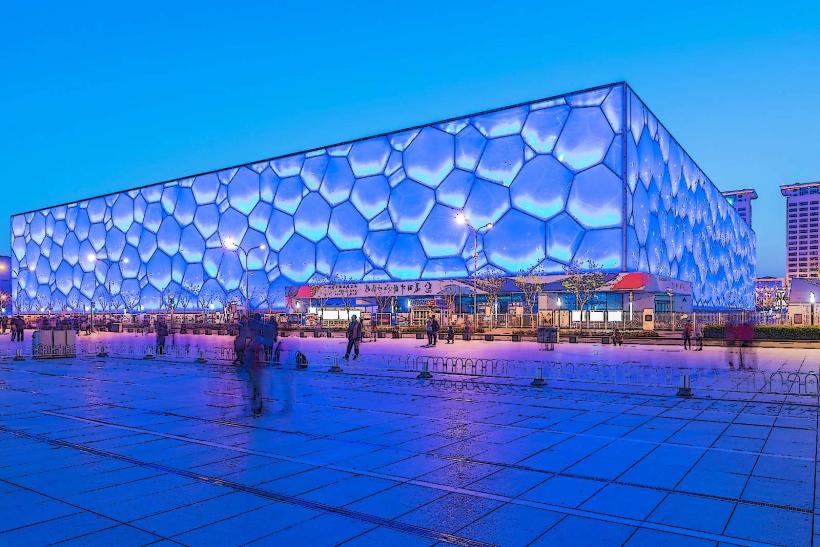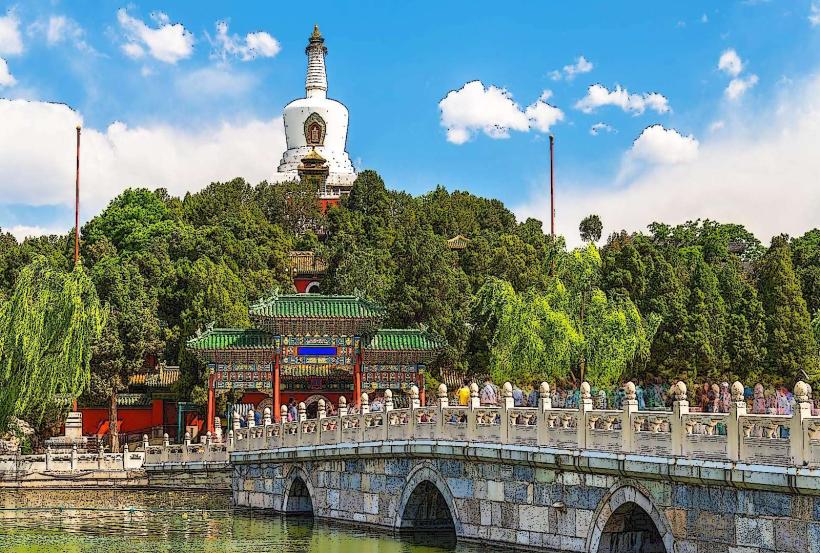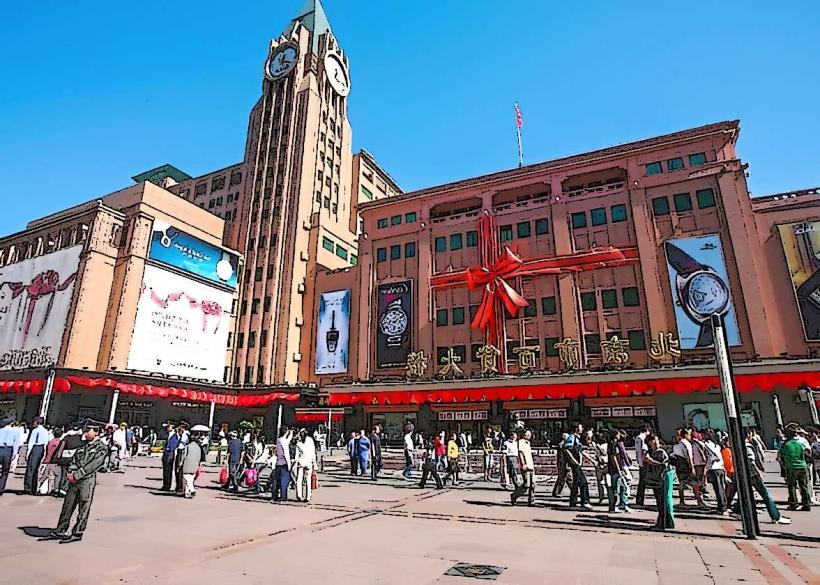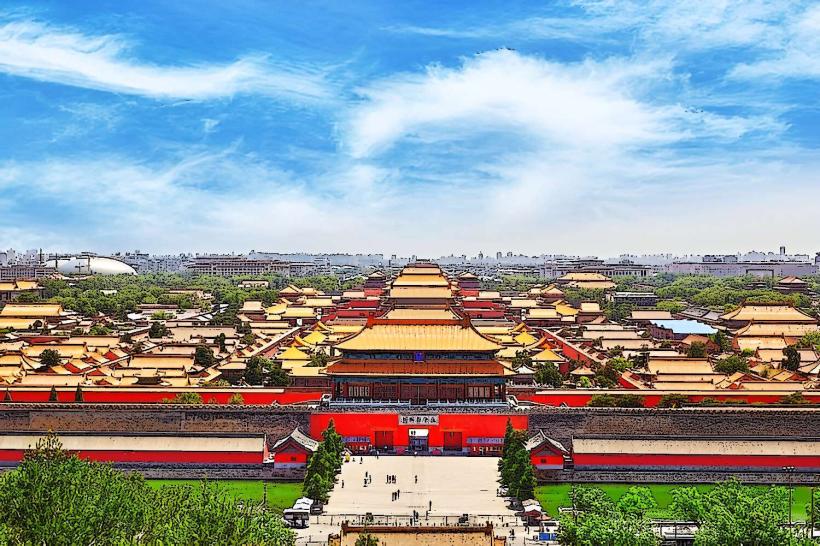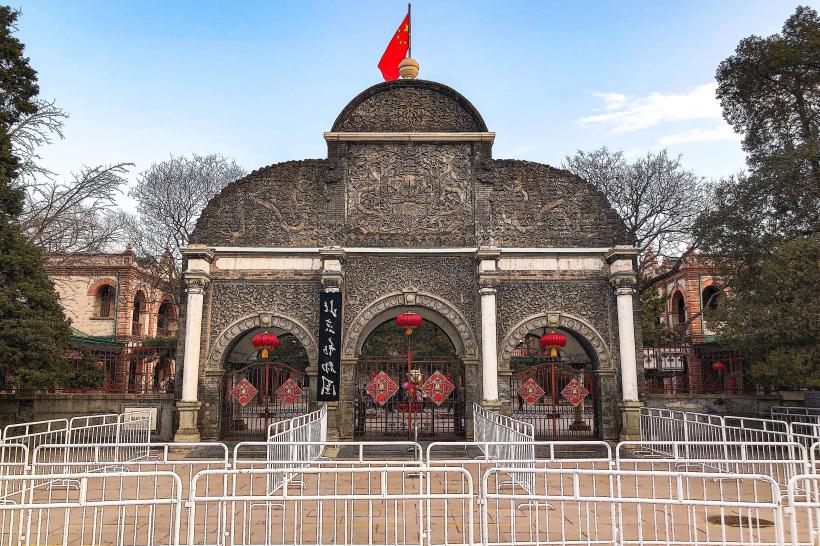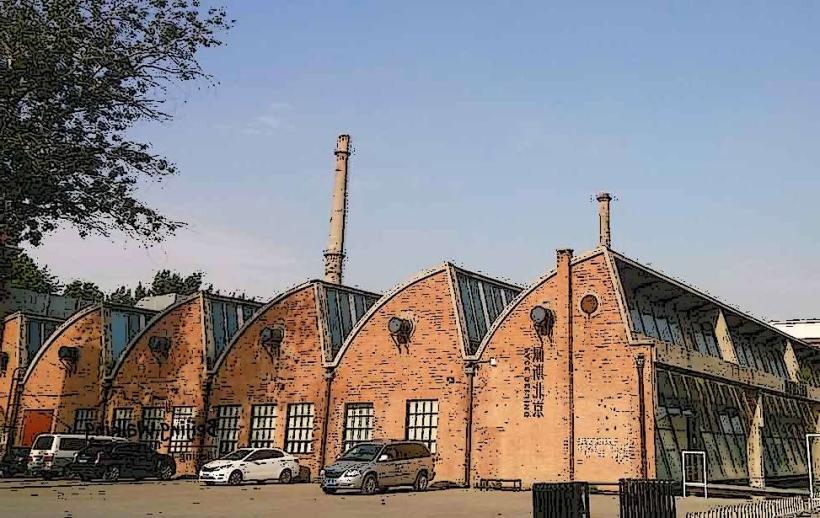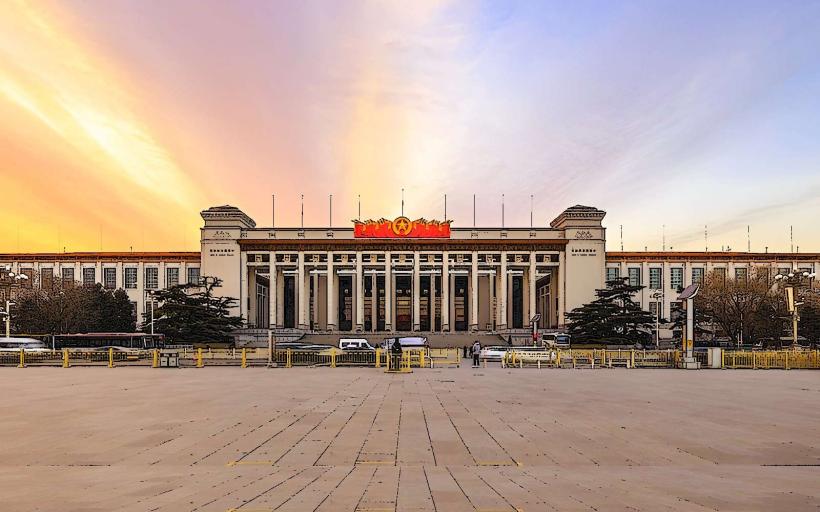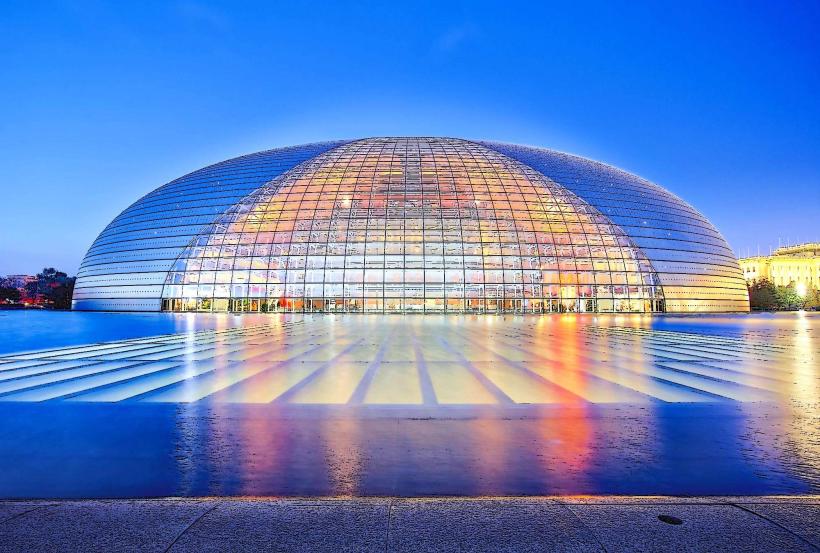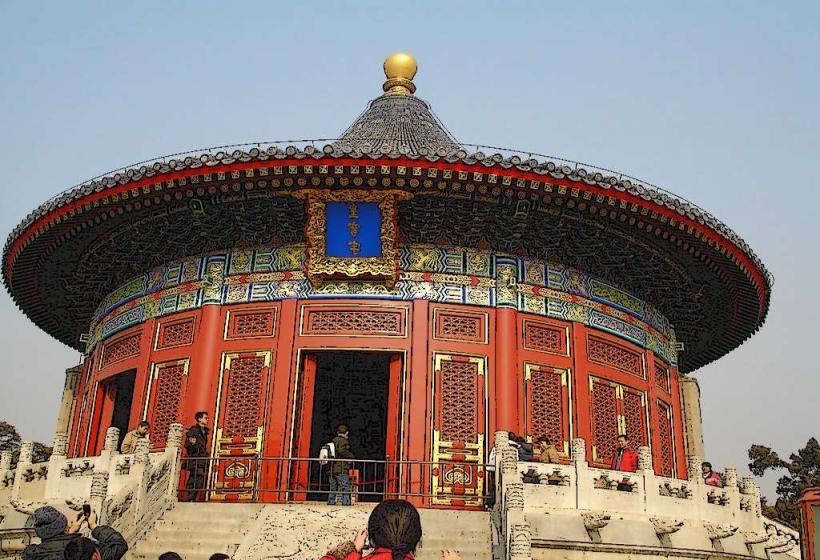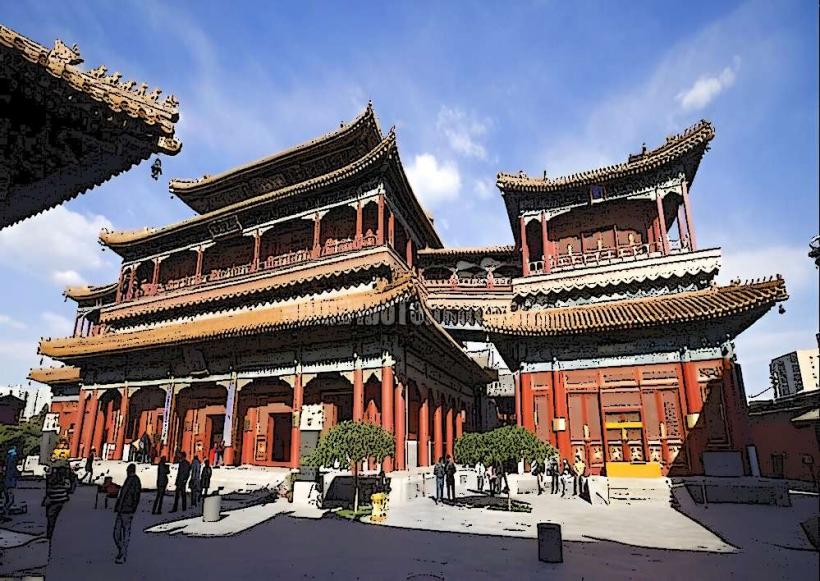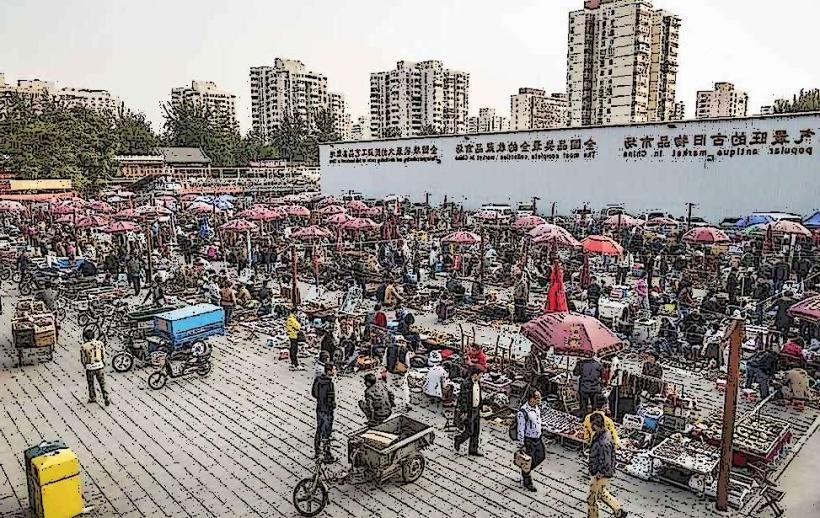Information
Landmark: Beijing Capital MuseumCity: Beijing
Country: China
Continent: Asia
Beijing Capital Museum, Beijing, China, Asia
The Beijing Capital Museum is a comprehensive museum dedicated to the history and culture of Beijing, China. It is situated in the Xicheng District of the city.
Visual Characteristics
The museum building features a modern architectural design with a prominent, curved facade clad in granite and glass. Its exterior is characterized by a large, circular dome and a rectangular base. The interior spaces are designed for exhibition flow, with high ceilings and ample natural light in certain areas.
Location & Access Logistics
The museum is located at 16 Fuxingmenwai Street, Xicheng District, Beijing. It is approximately 5 kilometers west of Tiananmen Square. Public transportation is readily available; the nearest subway station is Muxiyuan Station on Line 4, which is a 10-minute walk from the museum. Several bus routes also serve the area, including routes 1, 4, 15, 38, 47, 52, 83, 102, 109, 301, 335, 337, 387, 477, 507, 536, 618, 703, 709, 715, 728, 802, 840, 900, 917, 937, 943, 944, 945, 967, 969, 977, 997, and 998. Paid parking is available on-site for visitors arriving by car.
Historical & Ecological Origin
The Beijing Capital Museum was established in 1953. The current building, designed by the Beijing Institute of Architectural Design and Research, opened in 2006. Its purpose is to collect, preserve, research, and exhibit artifacts related to Beijing's history and culture, spanning from prehistoric times to the present day.
Key Highlights & Activities
Visitors can explore permanent exhibitions covering Beijing's urban development, ancient history, and folk customs. Temporary exhibitions focusing on specific historical periods or cultural themes are also regularly featured. The museum offers audio guides in multiple languages. Photography is permitted in most exhibition halls, but flash is prohibited.
Infrastructure & Amenities
Restrooms are available on each floor. There are designated rest areas and seating within the exhibition halls. Food and beverage services are available in the museum's cafeteria. Cell phone signal (4G/5G) is generally strong within the museum premises.
Best Time to Visit
The museum is open Tuesday through Sunday, from 9:00 AM to 5:00 PM, with last entry at 4:00 PM. It is closed on Mondays. Weekday mornings, particularly between 9:00 AM and 11:00 AM, tend to be less crowded. Visiting during off-peak seasons (avoiding major Chinese holidays) will also result in a less crowded experience.
Facts & Legends
The museum houses over 200,000 cultural relics, with a significant portion dedicated to artifacts from the Yuan, Ming, and Qing dynasties, reflecting Beijing's imperial past. A notable exhibit includes a large-scale model of the Forbidden City as it appeared during the Ming Dynasty.
Nearby Landmarks
- National Library of China (0.8km Northwest)
- China Millennium Monument (1.2km Southwest)
- Zhongshan Park (3.5km East)
- National Centre for the Performing Arts (4.0km East)
- Forbidden City (4.5km East)

